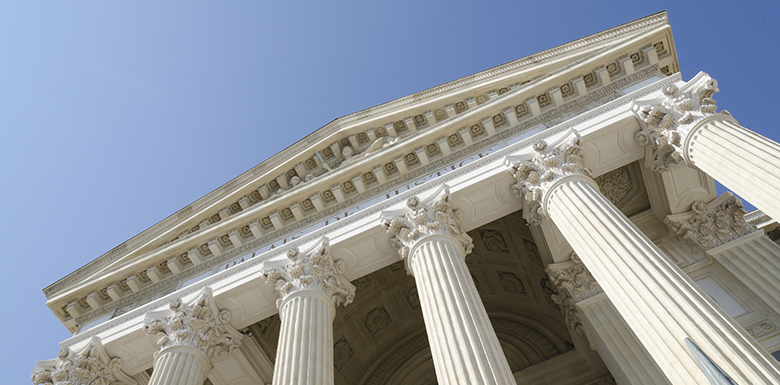
Topic: Criminal Defense
If you or a relative recently received a criminal conviction or sentence in NYC, there may be grounds to appeal. A criminal appeals attorney can help you understand your rights and how to proceed with an appeal.
Are You Entitled to an Appeal?
New York State law allows you to appeal a criminal conviction that may have been reached in legal error, omission, or misapplication.
A sentence may be appealed if it is legally invalid or violates the Constitutional protection from harsh or unusual punishment.
You cannot appeal an outcome simply because you disagree with it. Appealing a conviction is a serious and lengthy undertaking that requires a deep knowledge of the criminal legal code. You’re best served by having an experienced criminal appeals lawyer review your case file and assess your odds of success.
Act Quickly to Appeal
There are strict deadlines for appealing a conviction or sentence:
- 30 days for New York courts
- 14 days in federal court
This is not much time, which is why it is essential to work quickly. The court will likely dismiss an appeal filed after the deadline.
Common Grounds for Appeal
A lot can go wrong during a trial, but you might not see it. You and your family aren’t litigators or procedural experts. How are you to know if the prosecutor or judge made a mistake? Sometimes, even a defense attorney misses an important error or irregularity.
A meticulous review of your trial record is usually how to identify potential errors that would be grounds for an appeal.
Legal mistakes that would support an appeal include:
- A violation of your due process rights
- Ineffective or incompetent assistance of trial counsel – your lawyer didn’t represent you well
- Evidence was improperly admitted at trial
- Evidence was improperly excluded at trial
- The judge gave the jury incorrect instructions
- The jury instructions were confusing
- The judge used the wrong legal standard in making a legal decision
- The judge showed a bias in favor of the prosecution or against the defense
- The judge abused their discretion
- Prosecutorial misconduct – the prosecutor did something unethical or against the rules
- The prosecution relied on a racist stereotype
- Juror misconduct – a juror did something unethical or against the rules
- The evidence presented at trial was insufficient to support a conviction
- A miscalculated sentence
- An excessive sentence
This isn’t an exhaustive list. A defense attorney could uncover many potential legal errors that might lead to a new trial, reduced charges, or dismissed charges.
The Legal Mistake Has To Be Meaningful
The appeals court will consider if a legal mistake in your trial is a plain error or a harmless error.
Plain Error
A plain error is any error, irregularity, variance, or defect that substantially affects your rights, even if it was not brought to the trial court’s attention.
Harmless Error
Harmless errors are mistakes that do not affect substantial rights.
Plain errors could make it more likely that the appeal will go in your favor. The prosecutor must prove if an error was indeed harmless, and your attorney may assert that the error was not harmless.
What Happens in an Appeal
An appeal is not a new trial, although that could be the court’s decision.
During an appeal, the appellate court:
- Reviews the entire trial record
- Reads the written brief prepared by both the prosecution and the defense
- Listens to oral arguments from both sides
- Asks questions
The Appellate Court’s Ruling
The appellate court can affirm the trial court’s decision or reverse it. If there were multiple counts, it might decide each one individually.
If the court reverses your conviction, it usually remands your case back to the lower court for a new trial.
What if Your Appeal Was Denied?
If your first appeal wasn’t successful in reversing your conviction or changing your sentence, you can appeal to the New York Court of Appeals or file a petition for a writ of certiorari to the U.S. Supreme Court. It depends on whether your case takes place in state or federal courts.
Habeas Corpus Claim
If you appealed to the highest court and were unsuccessful, a criminal defense lawyer can talk to you about possible habeas corpus proceedings. Through a habeas corpus petition, you ask the court to throw out your conviction because your rights have been violated.
To file a habeas corpus claim:
- You must be in the government’s custody, either in prison, jail, or some other form of restraint.
- You must have solid proof that you are the victim of a serious legal error.
Call Protass Law PLLC
Our legal system makes mistakes. You shouldn’t suffer because of a legal mistake that deserves a second look. Call Protass Law PLLC to talk with NYC criminal appeals lawyer Harlan Protass.
Call (212) 455-0335 or email hrprotass@protasslaw.com to schedule a free consultation.